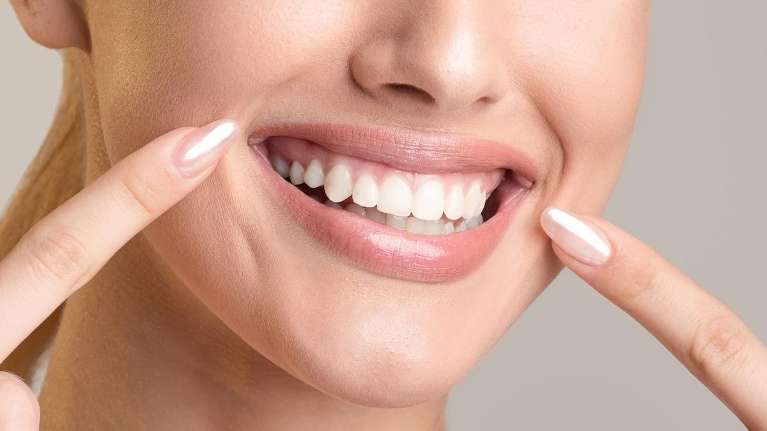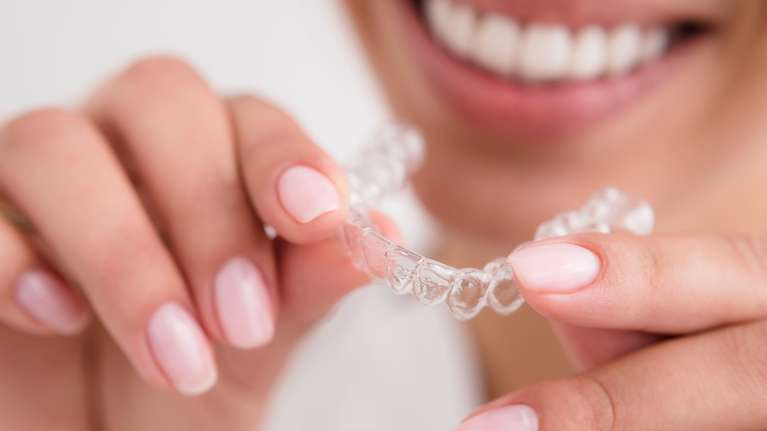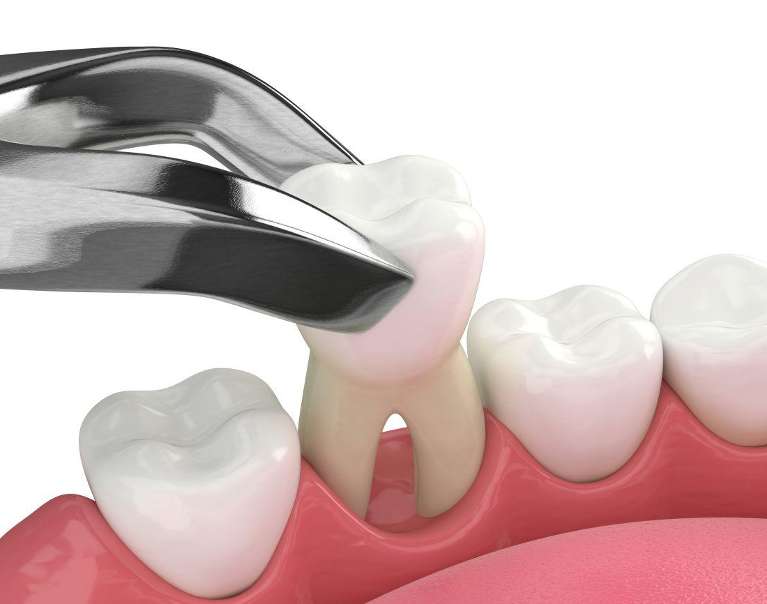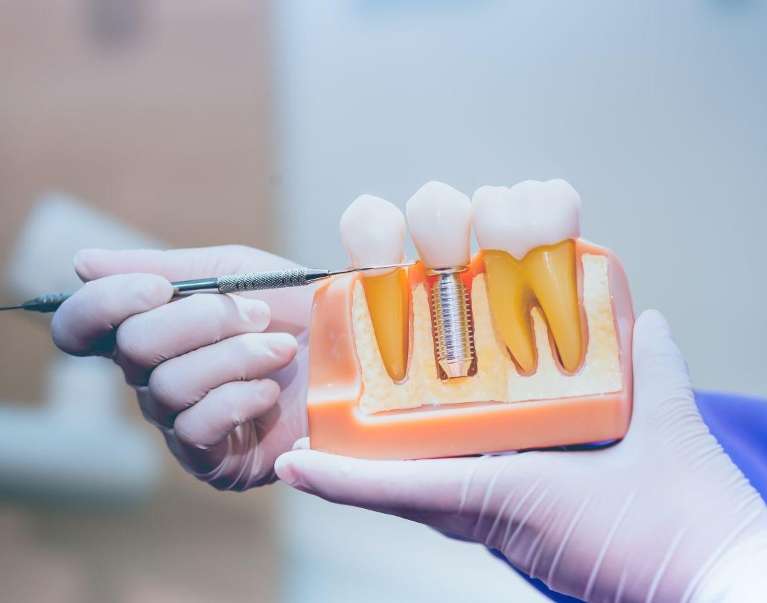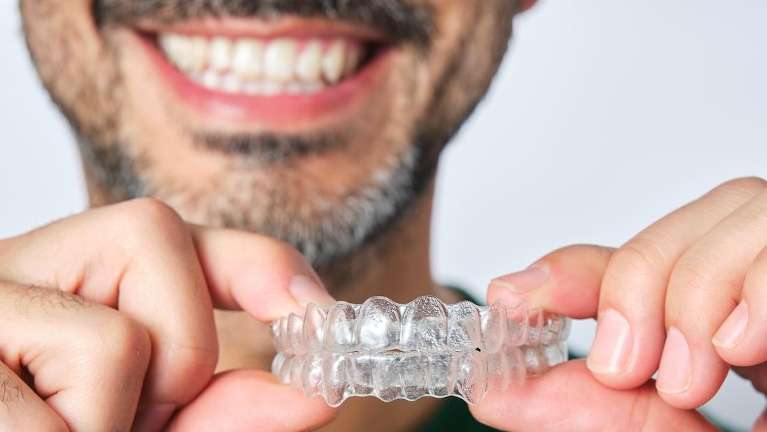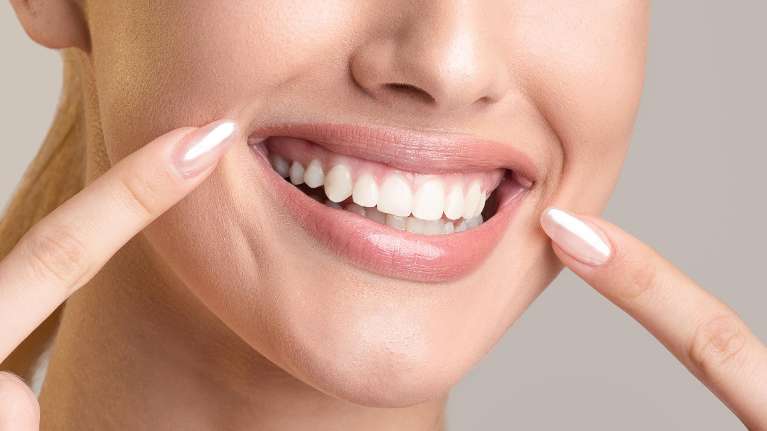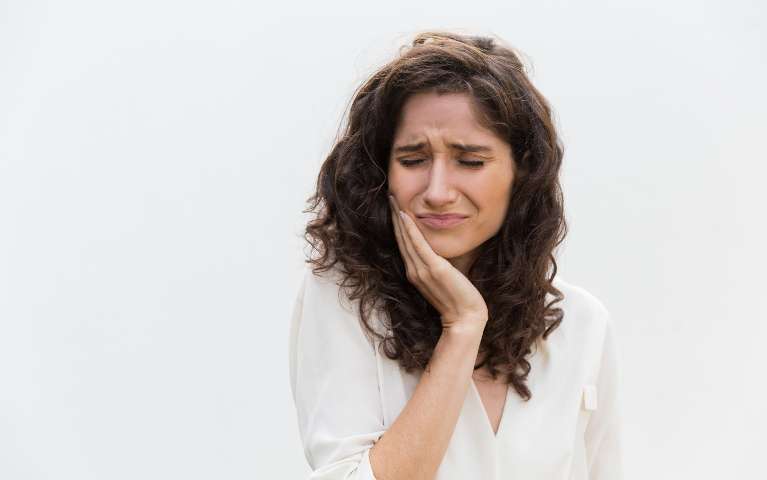
What to Expect During Your In-Chair Whitening Appointment in Newport, VIC
With the holidays approaching or the end of the year just around the corner, you may be considering cosmetic dentistry options, such as professional teeth whitening in Newport, VIC.
In our dental clinic, we’re pleased to offer ZOOM®! in-chair teeth whitening and custom take-home kits to meet your needs.
Step-by-Step: What to Expect During Professional Teeth Whitening in Newport, VIC
Here are the ...


